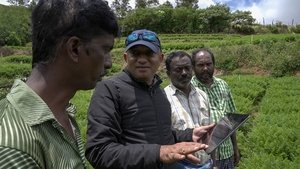
A Japanese start-up is using satellite data and AI to provide soil analysis. This helps farmers in developing countries improve income by increasing yields, improving crop quality and minimizing unnecessary costs. Around 70% of Indians are farmers, but have small plots and falling incomes. Partnering with local agricultural firms, the firm now serves 4,000 farms who've seen bigger harvests, less chemical fertilizer and more income. The firm is also expanding into Thailand, Vietnam and Kenya.
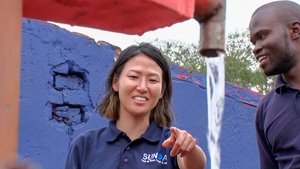
Many wells in Uganda have been abandoned after they broke. Fees for water usage go towards repairs, but collection has long been difficult―partly because residents are charged a flat fee no matter how little they use. Japanese Tsuboi Aya and two Ugandan engineers have created a digital unit that makes it possible for people to pay only for what they use. This new system makes the wells sustainable and has won attention from the Ugandan government.
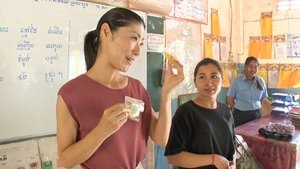
In Cambodia, child malnutrition is a major issue, exacerbated by the ready availability of processed snacks and soft drinks at most school stores and canteens. To combat this, Japanese social entrepreneur Oji Hiroko worked with local colleagues to launch a new initiative providing schools with tasty, healthy snacks. She has also developed an educational card game that provides a chance to teach kids about diet and nutrition, both in school and with their families.
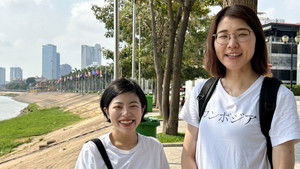
As it undergoes rapid economic growth, Cambodia is facing issues such as rising inequality and child labor. Social entrepreneurs are working to tackle these challenges, but a lack of expertise makes maintaining their businesses difficult. Harahata Mio and Higuchi Asami run a matchmaking service, pairing local entrepreneurs with Japanese companies who can offer financial and technical support. We explore how matchmaking is helping to improve lives, and solve social problems.
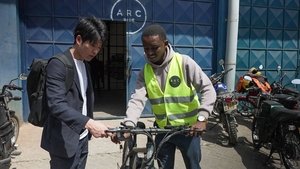
In Kenya's capital Nairobi, many taxi drivers don't have enough money to purchase their own cars, so they rent them on a weekly basis, and these rental costs put them in a difficult economic situation. Kobayashi Reiji and Tokita Koji have started a project to improve drivers' lives by offering them low-interest loans with affordable down payments on car purchases, using an innovative credit scoring system. They have also struck partnerships with local car dealers and repair garages so that they can offer drivers the best quality cars possible. Follow Kobayashi and Tokita as they offer hard-working drivers the opportunity to build a better future for themselves.
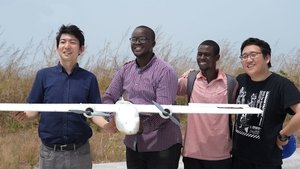
Malaria is caused by bites from parasite-infected mosquitos. 2021 saw 247 million new infections and 620,000 deaths. But a new firm hopes to wipe out the disease through drones. They spot stagnant water where young mosquitoes live, then calculate the best place to set up pesticides. Keeping costs low in Sierra Leone means polystyrene drone bodies and consumer cameras that are easy to repair. The firm hopes to expand to other countries and diseases. Meet the young innovators tackling malaria.

Each year, Japanese NPO Dear Me runs a fashion show for underprivileged children in the Philippines, making the catwalk a source of positivity for the future. Participants' own designs are upcycled by NPO staff from donated garments. Dear Me founder Nishigawa Ayumi also runs a free fashion school to give local young people a route out of poverty and into jobs with her own Japan-based ethical fashion brand. Follow this unique initiative making dreams reality through the power of fashion.
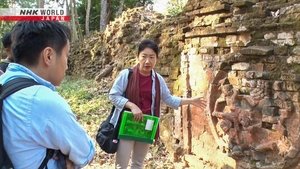
In 2017, Sambor Prei Kuk, a historic 7th-century temple complex, was designated as a UNESCO World Heritage Site. But few people, even within the country, know about it. To raise awareness, a Cambodian university professor and a Japan-affiliated IT company work together to produce a CG animation. We follow their efforts to promote tourism, build up IT experience among young Cambodians and capture 3D data that can be used to benefit the community.